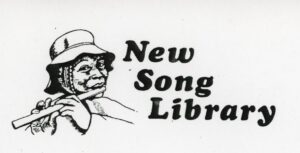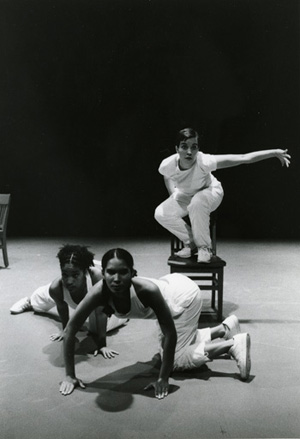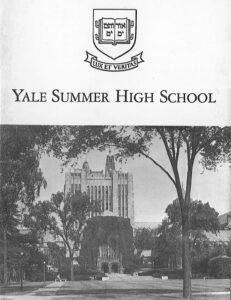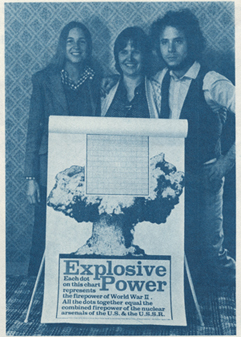D. Monty Neill Collection
An educator and scholar of educational assessment, Monty Neil is the Executive Director of the National Center for Fair and Open Testing (FairTest). For his doctorate at Harvard in the mid-1980s, Neill examined the impact of the 1974 desegregation order affecting Boston’s public schools and the ongoing search within the city’s African American community for quality and equity in education. He completed his dissertation, The Struggle of Boston’s Black Community for Quality and Equality in Education: 1960-1985, in 1987.
The 33 audiocassettes in this collection include interviews with 29 activists and educational and political leaders in Boston, predominantly from the city’s African American community, include in-depth discussions about the busing crisis in Boston during the late 1970s and early 1980s, its aftermath, and the ongoing search for educational equity and quality. The tapes were recorded between January and April 1986 as part of Neill’s dissertation research.





